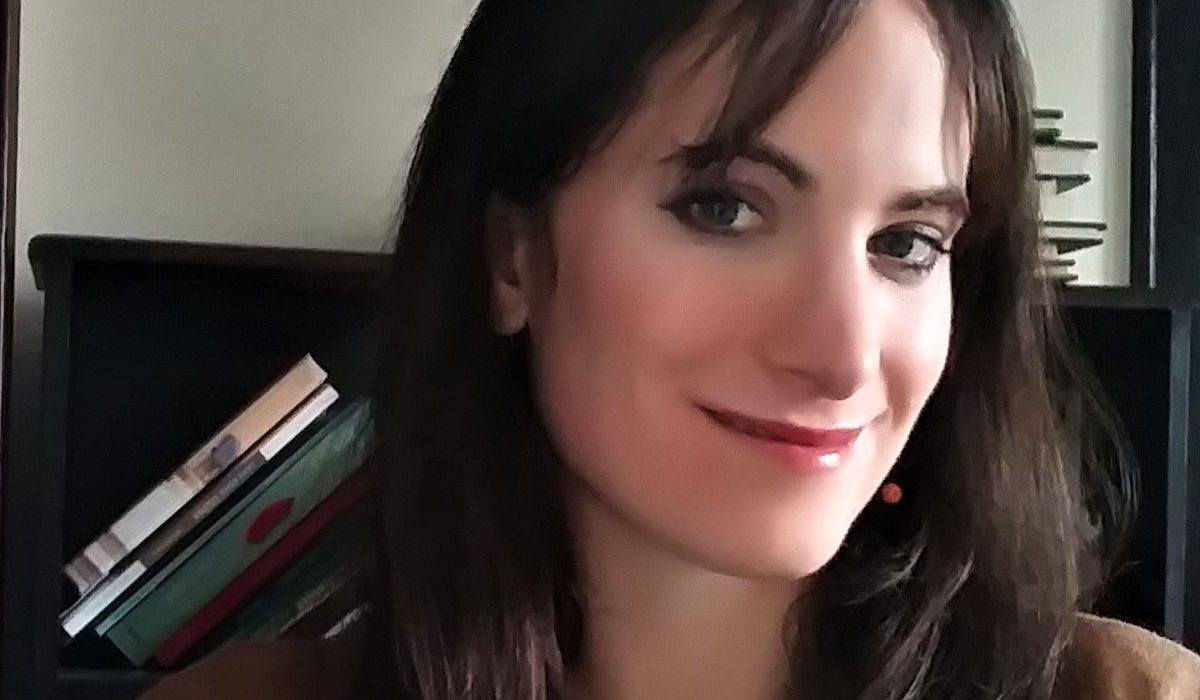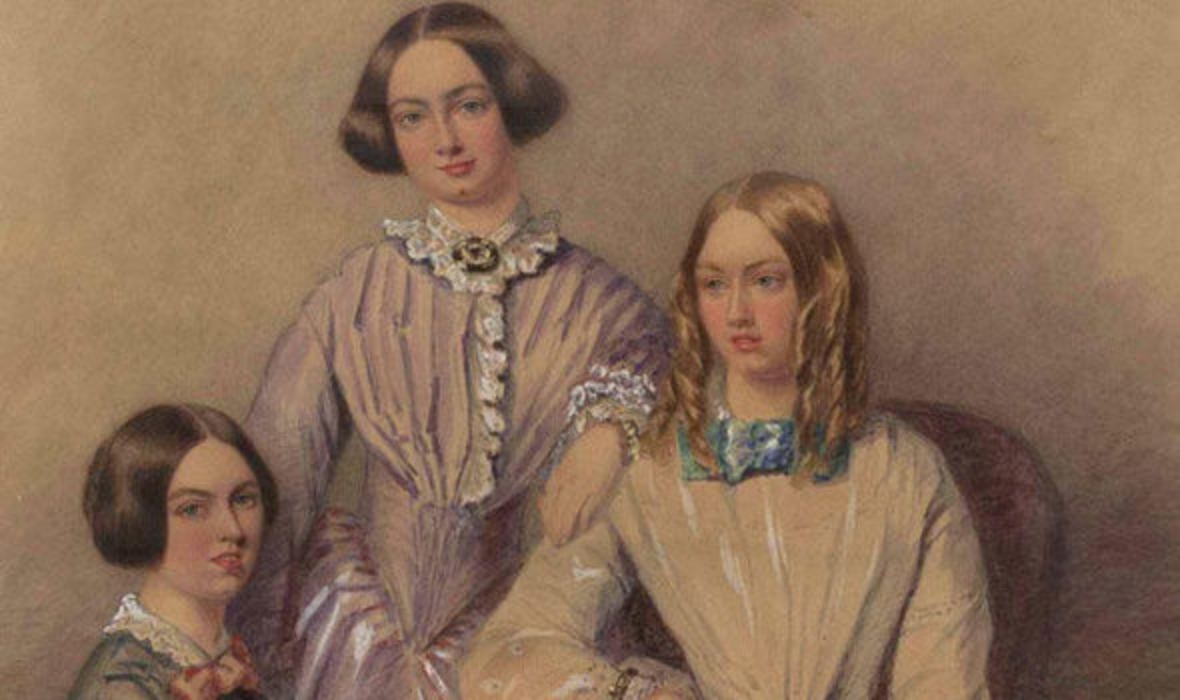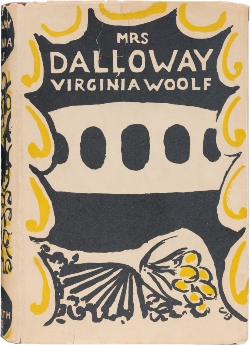A Conversation with Dr. Amanda Auerbach

The English Department is excited to welcome new faculty member, Dr. Amanda Auerbach, Assistant Professor of Transatlantic Romanticism, to Catholic University. Having earned her Ph.D. at Harvard, Dr. Auerbach is now finishing her MFA in poetry at The Iowa Writer's Workshop. Dr. Auerbach looks forward to bringing her passion for and expertise in literature and creative writing to campus this fall.
What is your background in English Literature? How were you inspired to study the subject?
In ninth grade, I was enamored of my English teacher, Patricia Khazaeli. She made me feel that in discussing literature, we were approaching important and elemental questions about the nature of human life. What she said about literature was often incredibly surprising, but it also felt like a distillation, like the most essential and true thing that could possibly be said. I wanted to be able to do that! She was also the first person to teach me how to close-read. Even today, close-reading remains my most important research method and my favorite thing to teach.
Many of our students at Catholic love to write creatively, so they would be excited to know that you are currently finishing up an MFA at the University of Iowa. What attracts you to creative writing?
Well, there is nothing more exciting than being inspired to write. I have been known to jump out mid-shower and get out of bed in the middle of the night to jot down the germ of a poem. One of the best things about creative writing is that if you do it enough, it changes the way you experience life when you’re not writing. As you go through your daily life, you become attuned to impressions that could become poems or situations that would make a good story.
You have also recently published a book of your own creative writing, What Need Have We for Such as We. Could you tell us about that process? What did you learn from doing that?
I wrote my first book of poems while I pursued my Ph.D. in English at Harvard. I wrote all of them in Jorie Graham’s spring poetry workshops with a familiar group of people, several of whom were also doing the English Ph.D. I didn’t try to plan the collection, but I find it fascinating that the order of my book almost overlaps with the order in which the poems were written. From writing that book over six years, I learned that my experiences over that period of time were a lot more coherent than I might have expected, almost as if I were a fictional character in a book. I am curious to learn, from writing more fiction, how my life experiences will overlap with those of my fictional characters. Or maybe fiction writers feel as if they are living multiple lives at once!
How does creative writing relate to the study and criticism of literature—in other words, how might a student of literature benefit from writing creatively?
Most students and critics of literature have probably marveled that wonderful works of literature should exist. One of the things that literary critics most enjoy doing is finding new patterns within works of literature, which help affirm our sense of their complexity and harmoniousness (Elaine Auyoung persuasively makes the case that this is the primary motive of criticism in her recent article “What We Mean By Reading” in New Literary History). And yet creative writers, who produce their own literature, marvel at literature in a slightly different way. We look for patterns, but we also wonder such things as, what strategies does the author employ to give her story structure or how does she employ dialogue? In addition to being involved in the story as a reader, we involve ourselves in the considerations that inform the writing process. As creative writers who write criticism, we can afford other readers a way of accessing the text that would not otherwise be available to them.

What is your favorite thing about teaching? Which classes will you be teaching in the fall?
My favorite thing about teaching is orchestrating communal close-readings. We all come in having read the same portion of a book, but in the classroom, reading can become a truly shared experience. I think reading, like anything else we enjoy, becomes more enjoyable through being shared. We are all engaging with the same particularities of language, troubling over the same questions the literature asks of us. In the fall, I am excited to be teaching a senior seminar on The Brontës. I cannot imagine anything more stimulating than growing up in a family with Anne, Emily, and Charlotte Brontë, but hopefully studying them will come close! I will also be teaching a course on the Lyric. This is exciting for me because studying poetry is one of the best ways to practice close-reading. In a poem even more so than in a work of prose, every detail counts!
What encouraged you to apply for a teaching position at Catholic?
When I applied to Catholic, I was drawn to the idea of working at an institution that prioritized both faculty research and teaching. For me, these two things closely inform each other because teaching helps me discover what ideas and what aspects of a literary text are most relevant to others. I was also drawn to the university as a Catholic—I thought it would be great to meet more people who share both my Catholic identity and interest in literature.

Time for some fun questions! Do you have a favorite book? Who is your favorite author?
It is always so hard to choose a favorite book, but the answer is probably Virginia Woolf’s Mrs. Dalloway. The stream-of-consciousness style of narration makes me feel as if I am being held in the mind of that book’s imperfect but painfully relatable protagonist. But it’s the nature of that novel that it’s hard for me to disentangle my evaluation of it from my experience of reading it. I first read it from evening to dawn at my father’s house in Cape Elizabeth, Maine. It is so hard to pick a favorite author since for me, this has as much to do with familiar comfort as aesthetics: perhaps Jane Austen, Thomas Hardy, or Elizabeth Bishop.
